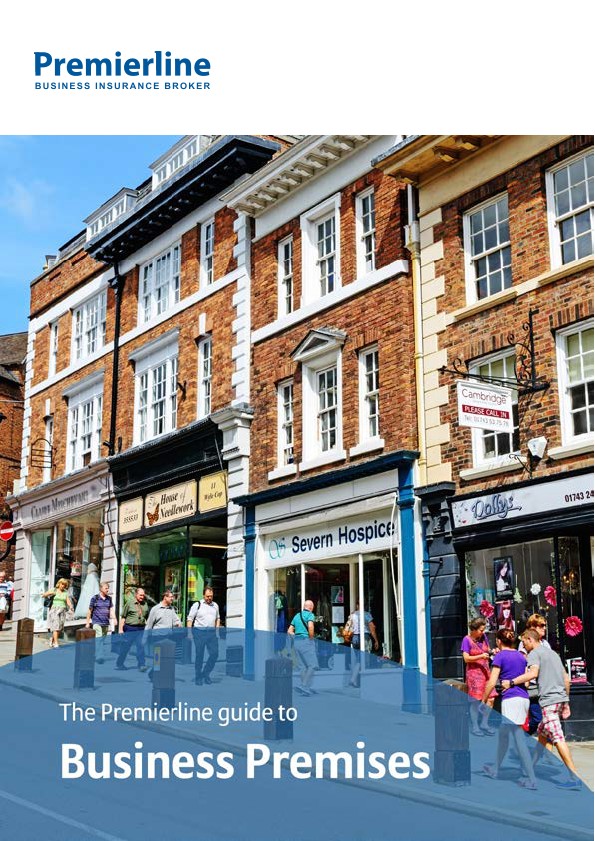This article is part of our Business Premises Guide
Providing information to support business owners with some of the more common decisions and considerations that you would need to take into account when moving business premises, from taking a commercial lease or buying a property to tips on who you should seek help from at each stage.
Business Premises Guide: Making an offer
When you are ready to submit your offer and if the landlord/ seller accepts it, you should request that he or she will no longer negotiate with other parties. This is called a lockout agreement.
A Head of Terms (HoTs) will be drafted by your solicitor; this is not a legally binding contract but highlights the terms of your contract with the landlord or seller of the property. It will usually include details of:
Only when the following items have been completed are you ready to exchange contracts:
- Satisfactory inspections have been done on the building by your solicitors or surveyors
- Tenant and landlord/ buyer and seller are satisfied with the contract
- Any conditional planning permission has been granted
- Necessary monies have been raised to exchange and complete the transaction
Completion is usually around one month after the initial exchange of contracts and this date should be clearly noted in the Head of Terms.
Tip:
When purchasing a commercial property, it is usually the responsibility of the buyer to insure the property between the exchange of contracts stage and completion. This is usually highlighted in the Head of Terms.
Download our guide to
Business Premises
Find out more about our full Business Premises Guide here or browse through the content below to learn more.
- Making the decision to move premises
- Finding the right premises
- Additional costs of business premises
- Taking a business lease
- Building surveys for business premises
- Making an offer on business premises
- Taking a business licence
- Planning permission for business premises
- Buying business premises
- Business premises insurance

Business insurance with Premierline
It is important to make sure that you have the right insurance in place to protect the business that you have built. Every business is different and has its own business insurance needs, which is why we work with some of the UK’s most well-known insurers to ensure that you are getting the right insurance cover for your business.
The information and tools contained in this guide are of a general informational nature and should not be relied upon as being suitable for any specific set of circumstances. We have used reasonable endeavours to ensure the accuracy and completeness of the contents but the information and tools do not constitute professional advice and must not be relied upon as such. To the extent permitted by law, we do not accept responsibility for any loss which may arise from reliance on the information or tools in our Insight Hub.

















